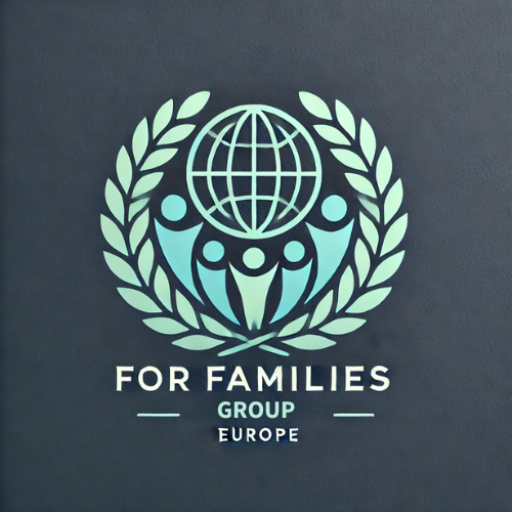The Szülők Háza Alapítvány (Parents’ House Foundation) is a Hungarian non-governmental organization dedicated to supporting families and children facing challenging circumstances. Established in 2015 by Dr. Dénes Kemény, the foundation continues the mission of the Parents’ House program initiated in 2007 by social policy expert and family counselor Judit Regős.


Recognition and Impact:
The Szülők Háza program has received national and international acclaim for its effectiveness and innovation. In 2012, the European Foundation for the Improvement of Living and Working Conditions (Eurofound) honored the program as a Best Practice. The World Bank included it among global good practices in 2014, leading to collaborations with governments in Ghana (2018) and Morocco (2019) to adapt the program. In 2022, the foundation achieved consultative status with the United Nations Economic and Social Council (ECOSOC), reflecting its commitment to global family support initiatives.
Contact Information:
- Address: Mélykút utca 7, Budapest, Hungary
- Phone: +36 (70) 321 5323
- Email: tegyeljot@tegyeljot.hu
- Website: https://tegyeljot.hu
The Szülők Háza Alapítvány remains dedicated to empowering families and enriching communities, ensuring that every child and parent has the support and resources needed to thrive.

Haro has been organizing stay-at-home parents since 1981 and works to spread knowledge about children’s needs, strengthen parents and enable child care at home.
We work to shape opinion both nationally and internationally to promote quality and freedom of choice regarding child care in all its forms. We believe that it should be a given to support and encourage parents who want to take care of their children in their own home full or part time. Three times a year we publish a member magazine with expert tips on present parenting, information about our work and empowering stories from stay-at-home parents who have managed to find more time at home with their children in various ways.


From Haro’s statutes
The organization’s purpose and aim
- Haro, the National Organization of Home Parents is a democratically structured, non-profit, nationwide, non-partisan association of a people’s movement nature.
- Haro is a non-partisan and religiously independent organization and consists of members from all social groups. Haro acts as an opinion leader and a reference body on family and gender policy issues. Haro generally works for the rights of parents and children in society.
- Haro works for the position of women in society and for equality between women and men.
- Haro works for free choice of childcare – with the child at the center – on equal economic, social and cultural conditions. Haro therefore wants to remove all obstacles for parents – single as well as cohabiting – to exercise their natural rights to live with, care for and raise their own children.
- Haro works to ensure that the parent who has more or less care for the children is not disadvantaged in relation to their co-parent, either during the time they live together or after any separation.

